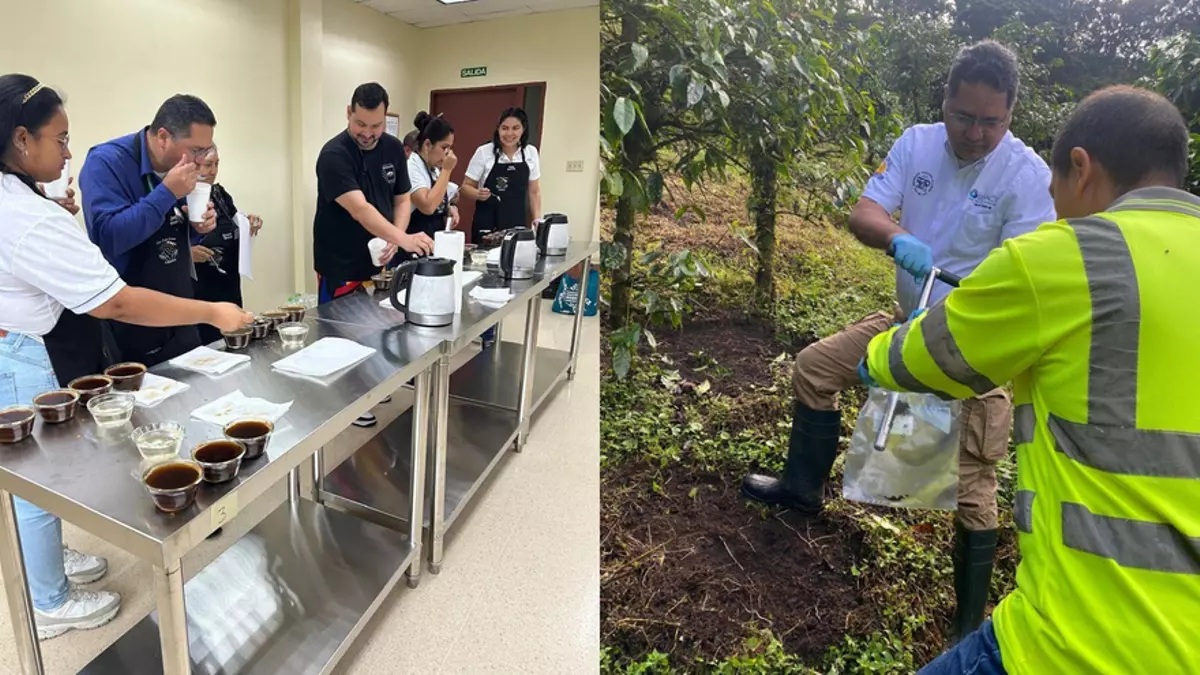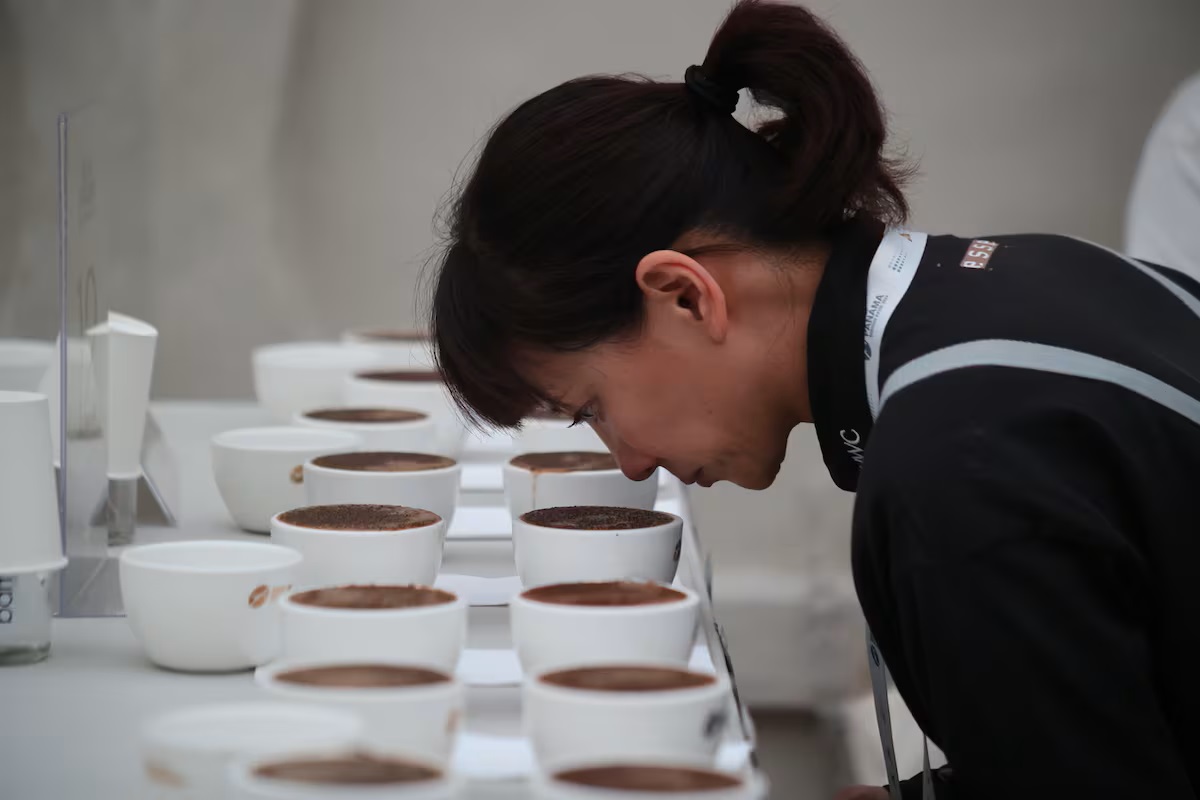To Protect the Authenticity of its Premium Coffee, Panama Develops Scientific Fingerprinting
The UTP and Senacyt present a project that identifies the unique chemical profile of national coffee, especially the Geisha varieties from Chiriquí.

Panama City, Panama: Panamanian coffee, recognized worldwide for its exceptional quality and unique varieties like Geisha, now has its own scientific fingerprint. The Technological University of Panama (UTP) , through the Center for Multidisciplinary Studies in Science, Engineering, and Technology (Cemcit AIP) and in collaboration with the National Secretariat of Science, Technology, and Innovation (Senacyt), presented the results of pioneering research that identifies the unique chemical profile of the aromas of Panamanian coffee.

The project “Determining the Chemical Profile of Panamanian Coffee Aromas Using Advanced Analytical Techniques” arose from the growing international demand for Panamanian coffee and the need to protect its authenticity in premium markets. This research allows for precise scientific identification that distinguishes domestic coffee from possible imitations or adulterations. Elizabeth Salazar Rodríguez, a researcher at the UTP’s Laboratory of Industrial Analysis and Environmental Sciences (Labaica), led the project alongside a multidisciplinary team comprised of Jorge Olmos, Javier Lloyd, Alma Espinosa, Iliana Aponte, Josefina Iglesias, Cecilio Hernández, Yazmín Mack, and students María Vega and Luis Samudio.
National Scientific Analysis for the First Time
The research, funded by Senacyt through the 2023 Public Call for R&D Promotion (FID), represents a milestone for the national coffee sector. For the first time, Panama has the infrastructure and trained personnel to conduct scientific aroma and flavor analyses nationwide, eliminating dependence on foreign laboratories. This advancement not only reduces operating costs for producers, but also eliminates the risk of sample damage or loss during international transport and protects the confidentiality of sensitive business data.

The study focused on analyzing the chemical composition of roasted coffee from the Chiriquí Highlands, specifically from Boquete and Renacimiento. These regions are recognized as the birthplace of world-renowned varieties, including the coveted Geisha variety, which has fetched record prices at international auctions. The research examines how the organic compounds present in roasted beans influence key sensory attributes such as aroma, flavor, and body, characteristics that have positioned Panamanian coffee in the most exclusive segments of the global market.
Protection of Designations of Origin
For coffee growers in the Highlands, this project represents a fundamental advance in scientific validation of origin. The ability to create a chemical fingerprint provides a crucial tool for protecting Protected Designations of Origin (PDOs), offering an additional layer of scientific security against product counterfeiting. In addition to counterfeit protection, detailed knowledge of the chemical profile will allow producers to optimize critical processes such as fermentation, drying, and roasting, maximizing the expression of the unique aromas and flavors that characterize Panamanian coffee.

According to data from the National Directorate of Agriculture of the Ministry of Agricultural Development (MIDA), Chiriquí remains the country’s leading coffee-growing province. Regions such as Boquete, Volcán, and Renacimiento stand out for their production of specialty coffees that have earned international recognition. 100% of high-quality coffee exports come from this province, especially those destined for the most demanding international markets. This geographic concentration reinforces the importance of having scientific tools to validate and protect the authenticity of the product.






